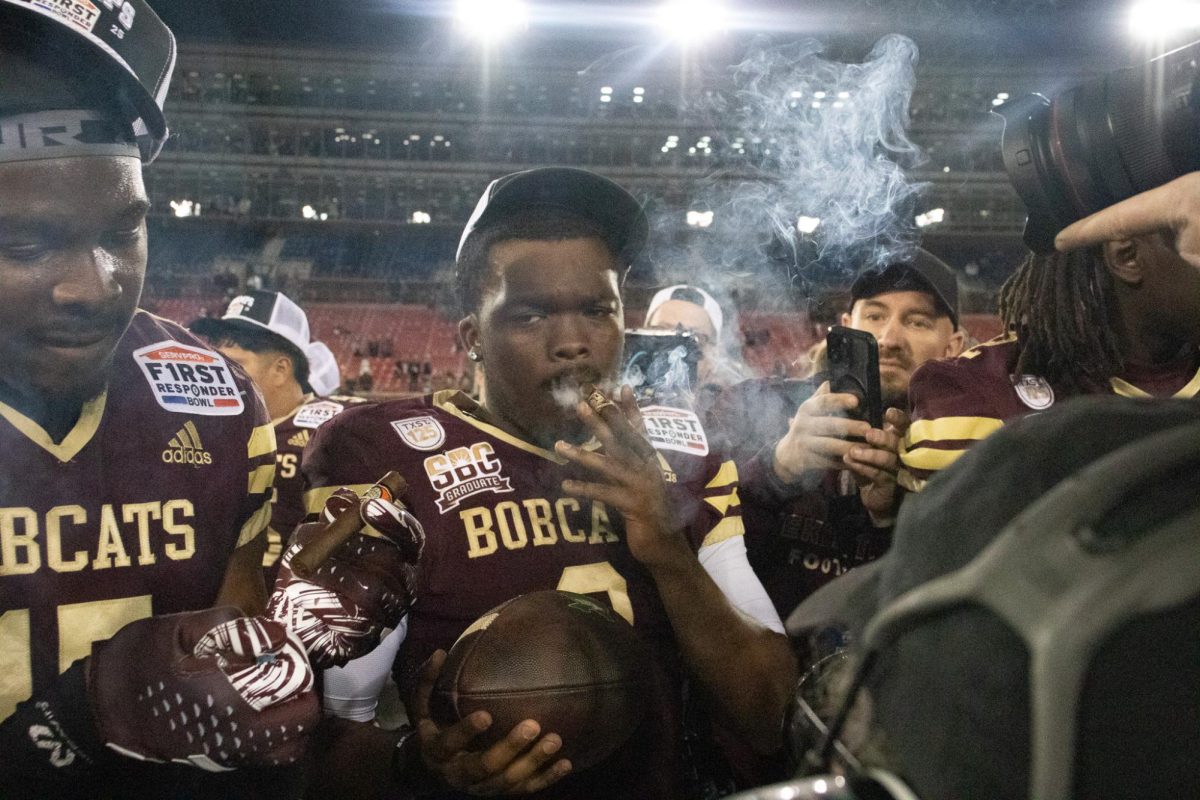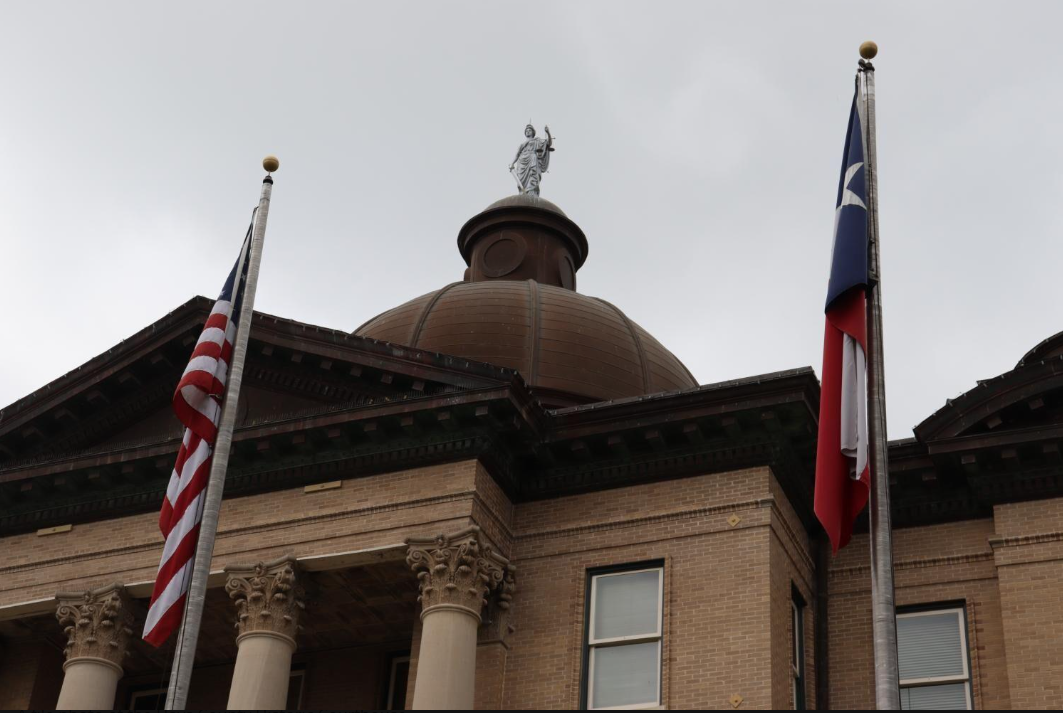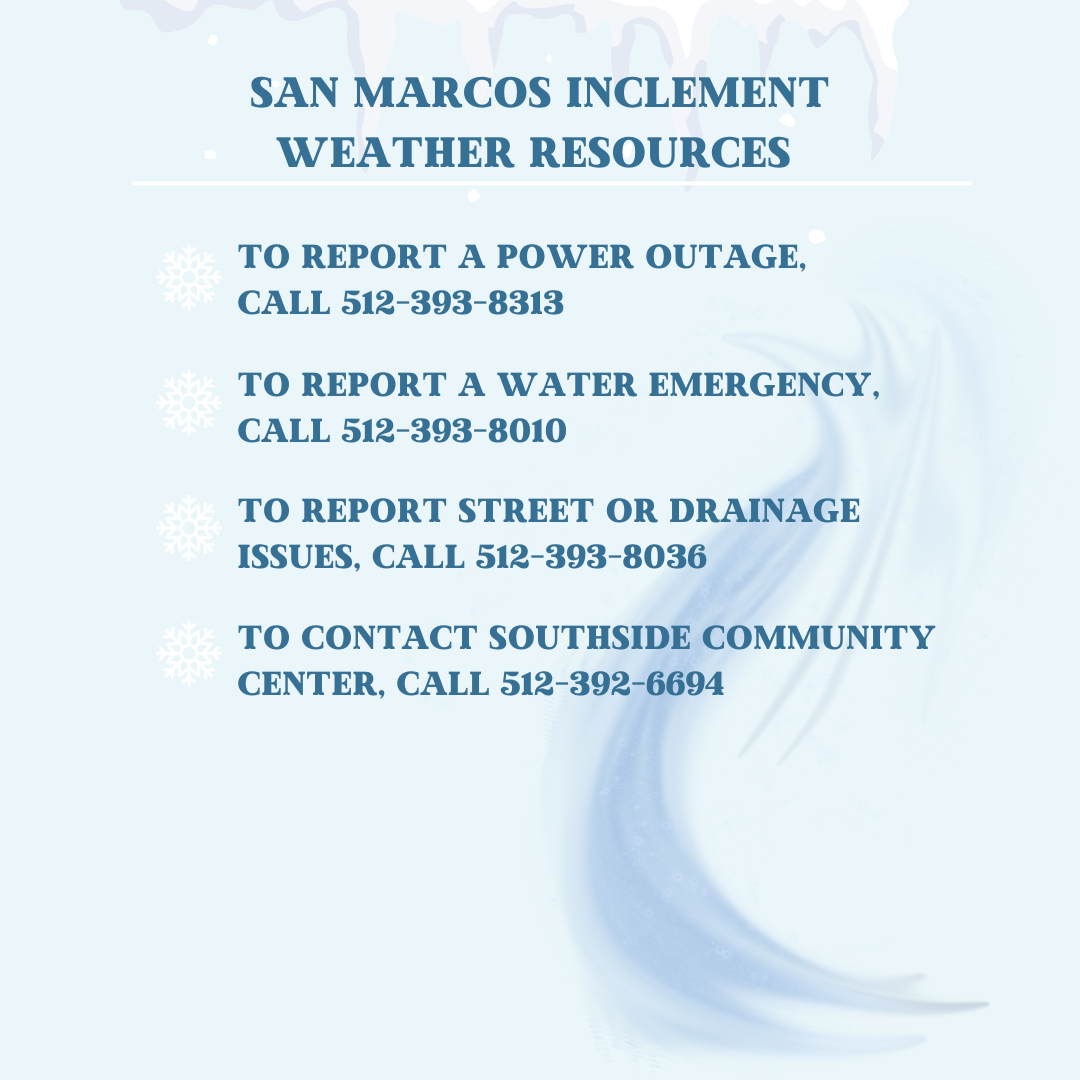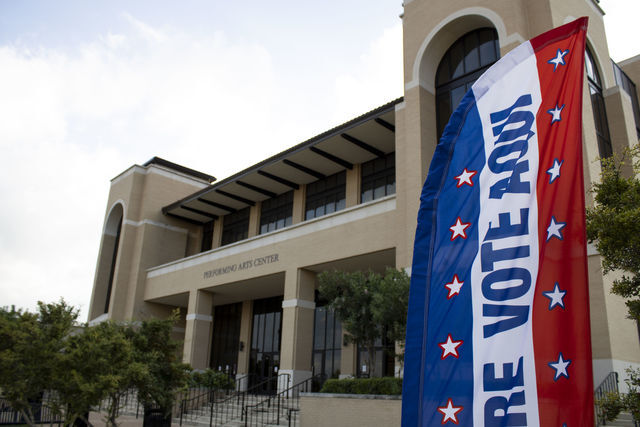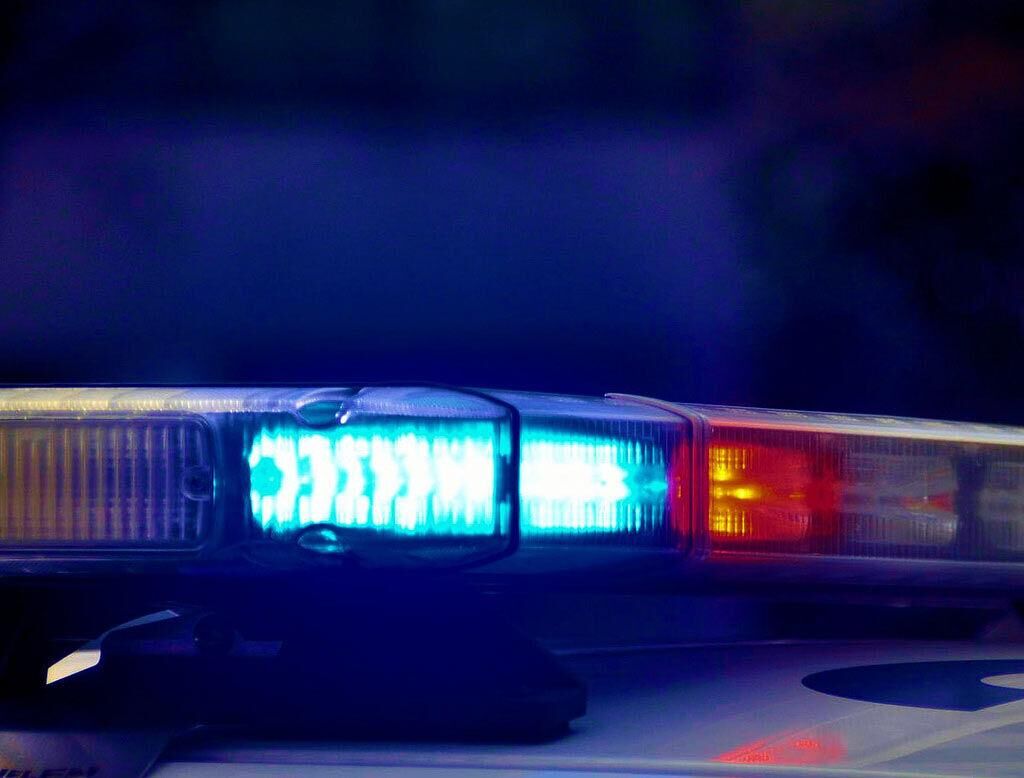Access to THC products in Texas may soon face major restrictions, as a proposed ban seeks to outlaw the sale of all consumable THC items, potentially disrupting the cannabis market and users’ access to these products in cities like San Marcos.
Lt. Gov. Dan Patrick proposed Senate Bill 3 (SB 3) for the 89th Texas legislative session, a law that aims to ban the sale of all consumable Tetrahydrocannabinol (THC) products in Texas.
In a Dec. 4, 2024 press release, Patrick said the law’s goal is to combat the “life-threatening, unregulated forms of THC products” that have been made accessible to the public.
“Since 2023, thousands of stores selling hazardous THC products have popped up in communities across the state, and many sell products, including beverages, that have three to four times the THC content which might be found in marijuana purchased from a drug dealer,” Patrick wrote.
In 2019, House Bill (HB) 1325 legalized the production and regulation of hemp products in Texas. Under the bill, industrial hemp must contain no more than 0.3% THC, aligning with the standards set by the 2018 Farm Bill.
With SB 3, all products containing any amount of THC would be banned.
Eric Martinez, executive director of Mano Amiga Action, said a ban on THC products would put consumers who use these products for a variety of health-related issues, including anxiety, insomnia and chronic pain, at risk.
“By banning these products, it could cut off access to products that they trust which would then, in turn, potentially make them [consumers] likely to get [THC products] on the black market,” Martinez said. “Which means exposing themselves to the danger of law enforcement and not knowing the quality of the THC product that they are consuming.”
Ty Schepis, psychology professor, said Cannabidiol (CBD) and THC are the two primary active forms of psychoactive components of cannabis, with THC being primarily responsible for the euphoric effects of cannabis.
“There are other forms of THC, like Delta-8 THC and Delta 10 THC, but it’s naturally occurring cannabis, Delta-9 is the most potent of the three,” Schepis said.
In 2020, the Texas Department of State Health Services (DSHS) launched the Consumable Hemp Program which helps with the regulation and sale of hemp-derived products. Retailers must register with the DSHS for a one-year license, costing $155 per location where THC products will be sold.
From edibles to beverages, the variety of hemp-derived products began to expand, and according to Martinez, so did the businesses selling THC. DSHS states there are almost 8,000 registered hemp retailers in Texas.
“What this bill is threatening to do is basically rip businesses away from business owners and threaten to enforce against people who are law-abiding community members,” Martinez said.
Carl Stovall, owner of Miracle Leaf Health Center in San Marcos, said the ban would have a significant financial impact on business sales as they offer different products containing Delta-8 THC and Delta-9 THC.
Stovall said the only alternative that could save his business if the ban is imposed is if consumers are required to register for the legal purchase of any THC products.
“I have doctors on staff that their Telehealth service to get people registered for the use of medical THC,” Stovall said. “I think most smoke shops don’t have that privilege and I kind of got set up for the long game here.”
Schepis said the big difference between hemp-derived products and other forms of cannabis is their concentration amounts, with hemp-derived products having a much smaller amount of THC or CBD.
Ambassador of Students for Sensible Drug Policy Blake Coe said the ban is not a solution, but a reinstatement of past problems.
“That [ban] doesn’t mean that cannabis use is going to stop,” Coe said. “You’re going to see a flourishing of the black market, and even all of the problems that they say are the problems of the legal market are going to come back.”
Coe said with no other legal alternatives consumers would turn to illegal and unsafe means to obtain THC products posing dangers to themselves.
“The real issue is, you’ll get something that is super strong and [dealers] don’t tell you how strong it is or if [dealers] do have the amount of THC those people don’t have an idea of what that is,” Coe said.
Martinez said instead of a total ban, there should be more focus on providing better education on the effects of different hemp-derived products to consumers.
“There could be more packaging with clearer signifiers or identifiers for THC and hemp-derived products,” Martinez said. “In the face of people in the opioid crisis, we want people to hopefully engage in partaking in a product that doesn’t have such a great risk of them falling into a cycle of addiction or anything of that sort.”
Proposition A, passed in San Marcos in 2022, decriminalized the possession of up to four ounces of marijuana. However, Attorney General Ken Paxton sued the city over the measure. A Hays County district judge later dismissed the lawsuit, but Paxton’s office has appealed the decision.
Texas State wrote it does not comment on pending legislation in an email to The Star. According to an interview The Star conducted with UPD Chief Matthew Carmichael in July, under TXST’s current drug policy, the university remains a drug-free school and no-smoking campus.
“We ensure [TXST’s drug policy] is consistent with the state and federal statute, we ensure it is consistent with the health of our students,” Carmichael said. “The policy is intended to keep our campus safe, our students safe.”
SB 3 will be presented at the 89th Texas legislative session to be voted on, which begins on Jan. 14.



